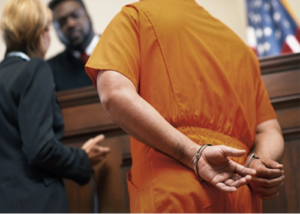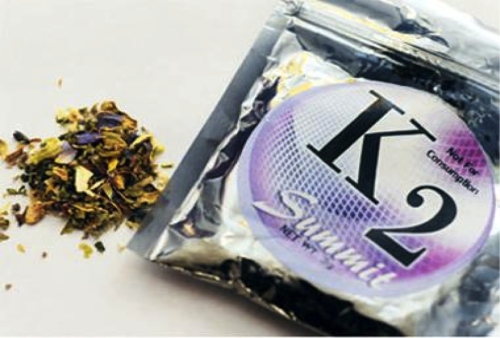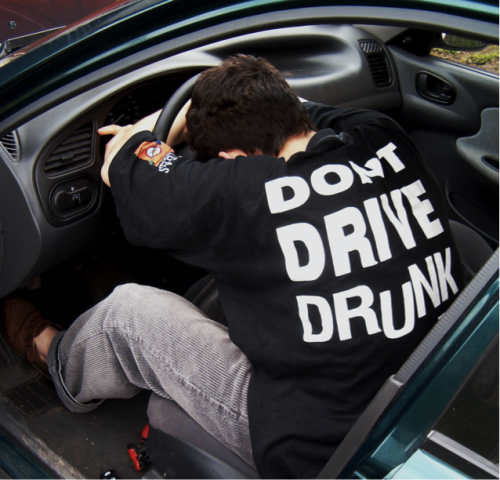Getting a second chance in life can make a world of difference to an individual. This is especially true when we are talking about children and teens; individuals who are still emotionally developing and have their whole lives ahead of them. While there are several institutions in place to support these children, such as public education and awareness programs, teens are still facing severe legal challenges that hinder their future development.
In Texas, offenders who are as young as 17 years old are classified as adults in courts of law. This means that they face the same processes and penalties that adults endure during their legal proceedings. Because of this rule, 17-year-old teens are facing harsh penalties for their offenses. It also sticks these teens with a criminal record that will affect their lives years after the case is over.
Texas is especially strict when it comes to enforcing penalties against minors. Any juvenile who receives a Class C misdemeanor has their case tried in adult courts instead of juvenile courts. These misdemeanors are sometimes as small as chewing gum in class or talking too loudly, and students are forced to make court appearances in adult courts to resolve these legal issues.
Because these children are forced to go to adult courts for non-serious crimes, they are often not supplied with a lawyer, receive no legal counsel, and ultimately end up pleading guilty in adult courts.
“It’s incredibly rare to see a child without counsel plead not guilty,” said Deborah Fowler, executive director of the youth advocacy group Texas Appleseed.
 The central question in this debate is whether or not teens in Texas are being punished too strictly for the offenses they commit. Certain serious offenses, of course, deserve strict punishments, regardless of the age of the offender. The goal of this debate is not to try to let teens off the hook, but rather to explore ways that are productive in helping teens rehabilitate and get their lives back on track.
The central question in this debate is whether or not teens in Texas are being punished too strictly for the offenses they commit. Certain serious offenses, of course, deserve strict punishments, regardless of the age of the offender. The goal of this debate is not to try to let teens off the hook, but rather to explore ways that are productive in helping teens rehabilitate and get their lives back on track.
The current punitive system against 17-year-olds has proven to do more harm than good. One police officer in Mississippi said that the police force spent so much time arresting students in school that they felt they were “just a taxi service.”
What’s worse is that as teens and students are getting arrested, they are being steered away from education and a family environment that can provide them with the support needed to help at-risk youth. Putting young children in jail cells and giving them a criminal record does not provide a supportive environment for teens. In fact, people who enter the legal system a young age end up becoming more prone to engaging in criminal activity later in life.
For many 17-year-olds who face prison time due to Texas’s laws on minors, an offense early in life can lead to a cycle of criminal activity in the future. Instead of getting the support and rehabilitation required for children at that stage of emotional development, teens who are placed in the legal system early in life lose several of the opportunities that were previously present to them.
Many 17-year-old offenders who were tried as adults echoed similar sentiments about Texas’s trial laws, and explained how the legal process they faced has affected their life in a major way.
“I felt like I was just a little kid compared to everybody else, and that I wasn’t fully mature,” said Johnny Truong, who was convicted for robbery at the age of 17. “There was no concern with rehabilitation.”
Texas is starting the discussion about changing its policies to be more lenient towards minors. Policy-makers and law enforcement officials are working to create better systems that keep minors out of the courtrooms and in schools.
For example, many sheriffs in Texas jails support the idea of raising the legal trial age to 18. According to a report by the Texas Legislature, it costs $366.88 per day to house a juvenile in a prison facility, compared to only $50.04 to house an adult. By raising the legal trial age, prisons avoid the costs incurred by the additional influx of younger offenders. Prisons and law enforcement officials are critical voices in influencing criminal justice policy in Texas.
 Lawmakers are also starting to do their part in getting at-risk teens the support they need. More 17-year-olds are being placed in community-based programs were the focus is rehabilitation rather than punishment. As a result, Texas has seen its juvenile incarceration rates drop by nearly two-thirds since 2012, meaning fewer teens are entering the legal system.
Lawmakers are also starting to do their part in getting at-risk teens the support they need. More 17-year-olds are being placed in community-based programs were the focus is rehabilitation rather than punishment. As a result, Texas has seen its juvenile incarceration rates drop by nearly two-thirds since 2012, meaning fewer teens are entering the legal system.
These legal reforms are essential for minors. Teens who are still at a developmental age are being forced to pay the price for their childhood mistakes. That’s why it is important to be wary of your legal status in court, and to make sure your criminal record is clean with no red flags.
At EasyExpunctions.com, we provide our clients with a free background check so that they know exactly where they stand in terms of their legal issues. We also offer services to help get your record cleaned quickly, and effectively through our convenient online solutions. Teens make mistakes when growing up, and EasyExpunctions.com provides a second chance to offenders who are looking to clear their record.
While Texas is embroiled over the debate on shifting the legal adult age, 17-year-olds and minors are becoming victims of a system that does more harm for their futures than good.
“We need a paradigm shift to move from a punitive, sanction-based system [of discipline],” said Randi Weingarten, president of the American Federation of Teachers, “to a restorative, responsibility-based system.”








 The central question in this debate is whether or not teens in Texas are being punished too strictly for the offenses they commit. Certain serious offenses, of course, deserve strict punishments, regardless of the age of the offender. The goal of this debate is not to try to let teens off the hook, but rather to explore ways that are productive in helping teens rehabilitate and get their lives back on track.
The central question in this debate is whether or not teens in Texas are being punished too strictly for the offenses they commit. Certain serious offenses, of course, deserve strict punishments, regardless of the age of the offender. The goal of this debate is not to try to let teens off the hook, but rather to explore ways that are productive in helping teens rehabilitate and get their lives back on track. Lawmakers are also starting to do their part in getting at-risk teens the support they need. More 17-year-olds are being placed in community-based programs were the focus is rehabilitation rather than punishment. As a result, Texas has seen its juvenile incarceration rates drop by nearly two-thirds since 2012, meaning fewer teens are entering the legal system.
Lawmakers are also starting to do their part in getting at-risk teens the support they need. More 17-year-olds are being placed in community-based programs were the focus is rehabilitation rather than punishment. As a result, Texas has seen its juvenile incarceration rates drop by nearly two-thirds since 2012, meaning fewer teens are entering the legal system.
 Many people believe that K2 and other synthetic drugs produce the same euphoric feeling as marijuana. However, the chemical composition of synthetic substances is what makes them uniquely dangerous. Ultimately, you have no idea what you are putting in your body because of the varying chemical compositions of these substances. Synthetic drug companies are able to avoid laws and regulations because they constantly tweak the chemicals they use in their products.
Many people believe that K2 and other synthetic drugs produce the same euphoric feeling as marijuana. However, the chemical composition of synthetic substances is what makes them uniquely dangerous. Ultimately, you have no idea what you are putting in your body because of the varying chemical compositions of these substances. Synthetic drug companies are able to avoid laws and regulations because they constantly tweak the chemicals they use in their products.

